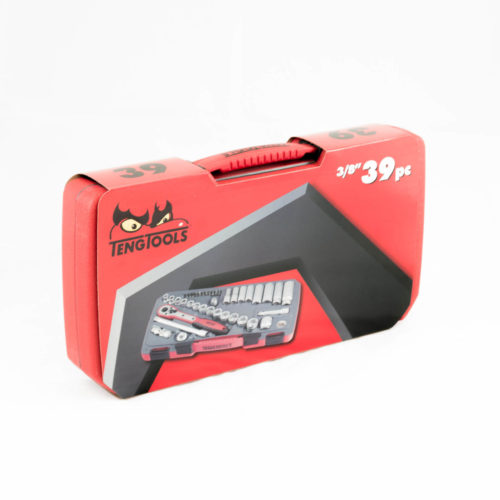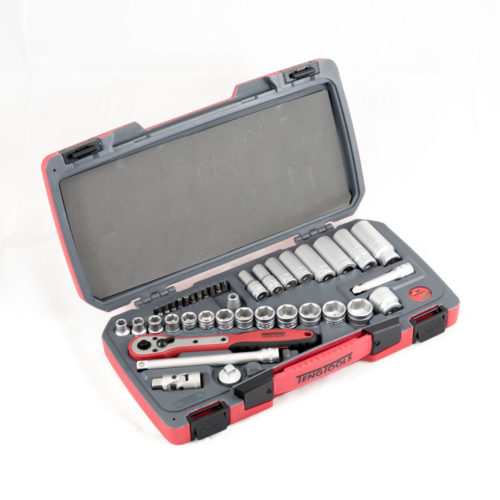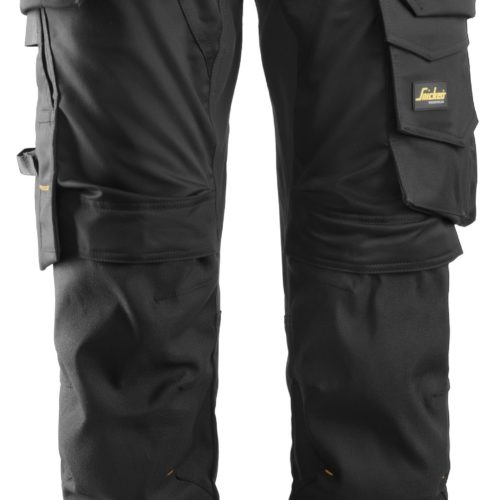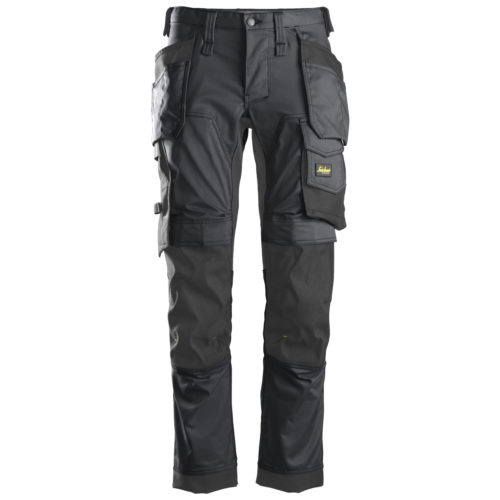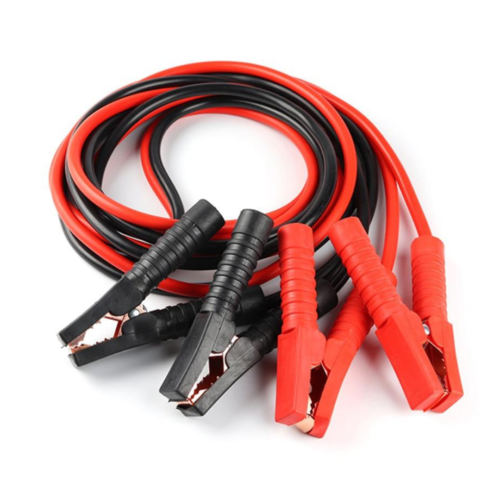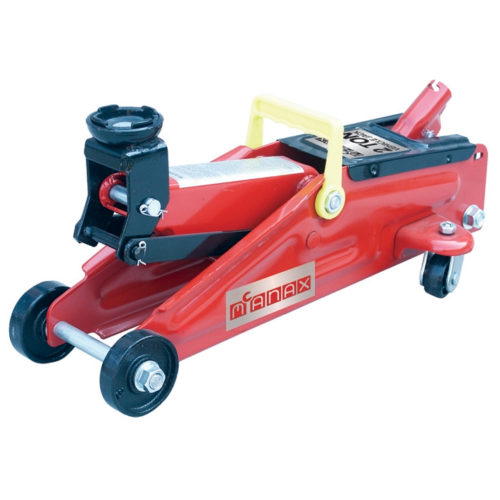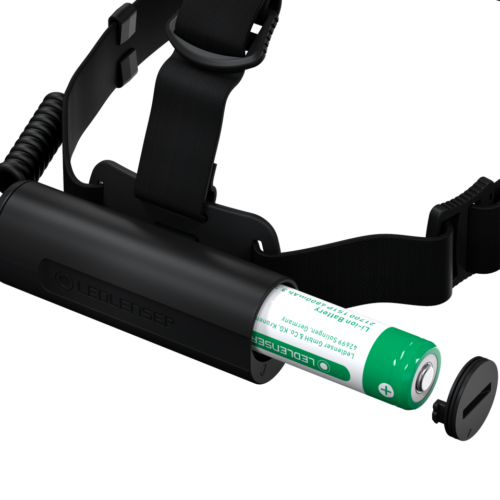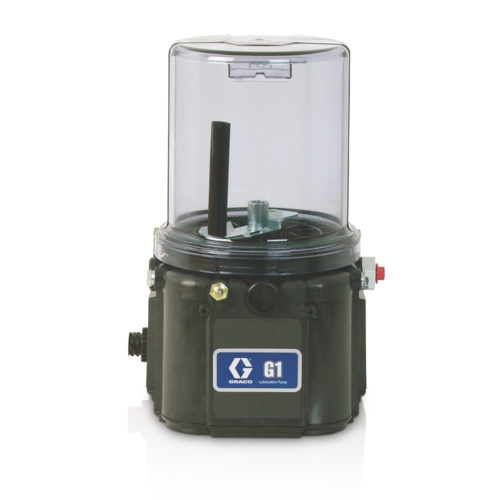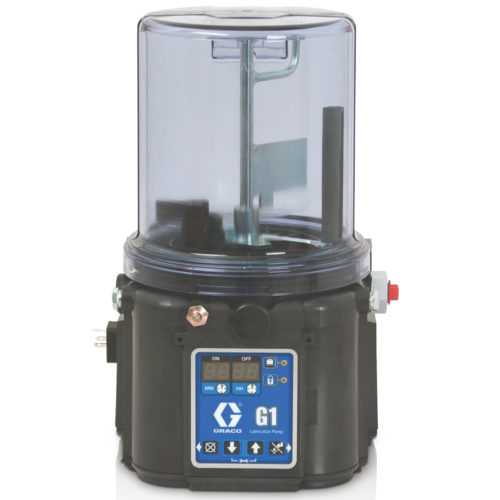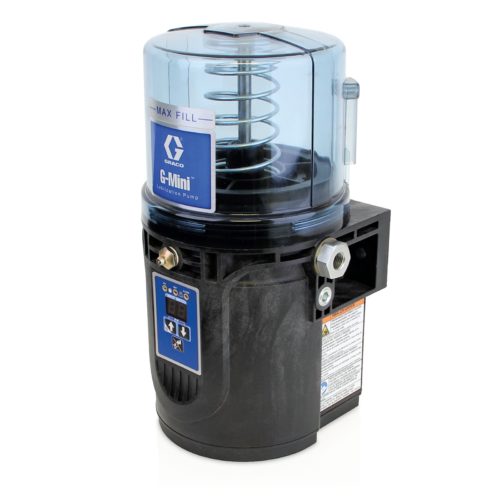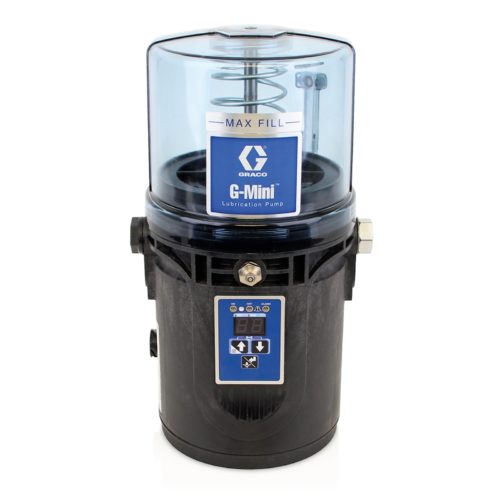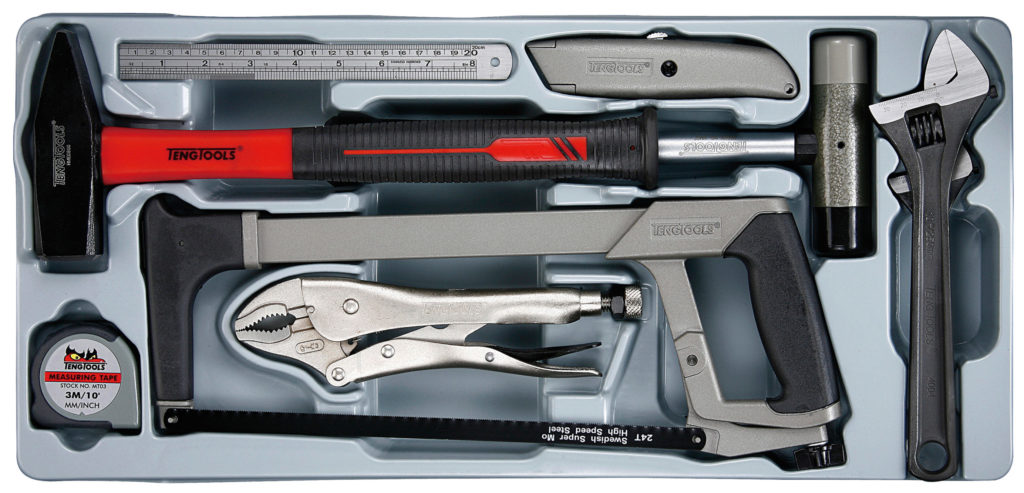Tools
Why it is Essential to Pick the Right Tool for the Job
I’m sure everyone knows the saying – “A bad workman always blames the tools.” This might be true in a lot of instances, but good tradespeople will always tell you that without the right tools, even the simplest jobs are that much more difficult.
Having the right tools for the job at hand is essential for all trades. Using tools that weren’t intended for their purpose usually results in substandard work at best and can be downright dangerous at worst.
This guide explains why the right tools are important and why quality matters when it comes to choosing tools.
The Importance of Using the Right Tools
One of the defining factors that separates humanity from the rest of the animal kingdom is our mastery of using tools. Since time immemorial, humans have created incredible feats of engineering and underpinning every one of these is a host of skilled tradespeople, all using the appropriate tools of the trade.
From simple stone hammers and axes all the way through to the latest cordless selection of electronic wonders, tools have come a long way, and we now have tools for every conceivable purpose.
For trades, this means that to tool up correctly can represent a hefty financial outlay. But choosing the wrong tools or compromising on quality can represent a danger to a worker’s health and well-being and also slow the progress and affect the quality of the work being undertaken.
Amongst the health issues that using poor quality or incorrectly using tools can result in:
- Tendonitis
- Hand Arm Vibration Syndrome
- Carpal Tunnel Syndrome
Given that in extreme cases, these conditions will cost valuable time off work and, in some instances, can end careers, the importance of investing in the right tools becomes even more apparent.
However, all this is easily remedied, and the costs needn’t be as constrictive as first thought. Using high-quality tools can actually save money by improving on-site efficiency and, more importantly, by reducing time lost through the types of injury mentioned above.
Choose Quality Tools
From basic screwdrivers right through to advanced power tools, the watchword when choosing the right tools should always be – Quality. Quality tools not only perform better but are designed to protect the user against injury and to outlast cheaper options.
Here are just a few of the major advantages of choosing quality tools:
Quality tools cause fewer injuries
The top manufacturers’ design tools are ergonomically suited for long time use without damaging tendons or causing vibration injuries like white finger. This results in far fewer personal injuries and fewer costly days off work.
High-quality tools last longer
The quality of the components and materials used is also far greater than in cheaper brands. The result is tools that last longer and don’t suffer from a rapid degradation in performance.
Battery performance in cordless tools
Cordless tools have changed the way we work. They negate the need for trailing long extension cables or running on-site generators. But a cordless tool is only as good as the battery that powers it.
For cordless power tools, battery performance should always be considered. Substandard cordless tools use batteries that hold an inadequate charge and fail quickly. In some cases, these batteries are so badly designed and manufactured that they fail safety standards.
Quality tools perform better
Last but not least is the performance factor. There is nothing more frustrating than hacking away at a job with a tool that isn’t designed for the job, isn’t fit for the purpose – or both.
Cheap tools are designed and manufactured with one primary motivation – to keep manufacturing costs as low as possible. These shortcuts might make the price tag attractive to the consumer, but that is where the benefits end. As mentioned already, a bad workman will always blame the tools, and if they use poor quality tools, their excuse may well be justified.
What all this means is that quality tools are not a “big bad expense” as they might appear at first glance but are the more economic option. Especially if you consider that high-quality tools are not as expensive as many people fear.
For instance, at HLS, our comprehensive range of tools is selected to offer the best possible quality at great prices. Amongst the brands stocked are:
The right tool for the job is essential, but just as important is the right quality tool for the job! The right tools reduce worker fatigue, improve work quality, and reduce the risk of accidents or injuries.
Getting the most from your tools
Having chosen and purchased the right tool for the job you want to ensure that it lasts and keeps performing for years to come. Proper maintenance and storage is the key to prolonging the life of any tool.
Tool Storage
After investing in high-quality tools, it is essential to get your money’s worth out of them. Even the best quality tools will degrade quickly if they are not looked after properly. Leaving them lying about in damp, dusty, and dirty workshops is one sure way to shorten the lifespan of any tool.
Proper storage in rugged and high-quality toolboxes and tool storage solutions should always be factored in when calculating the cost of your new tools. This simple step can go a long way to ensuring you get years of faithful service from your purchase.
Tool Maintenance
It is good practice to always check and adhere to the manufacturer’s maintenance recommendations. This will save you a lot of expense and time in the long run.
Similarly, even with basic hand tools, a little regular maintenance will help keep them in tip-top condition for years to come. This doesn’t need much, a little cleaning when the job’s finished, a light oiling where appropriate, and ensuring that the storage box is clean and dry, will keep tools in perfect condition for years.
Summing up
Whether you are a DIYer or a professional tradesperson, using the correct tool that is of high quality will always help the job go smoothly and protect you from injury at the same time.

